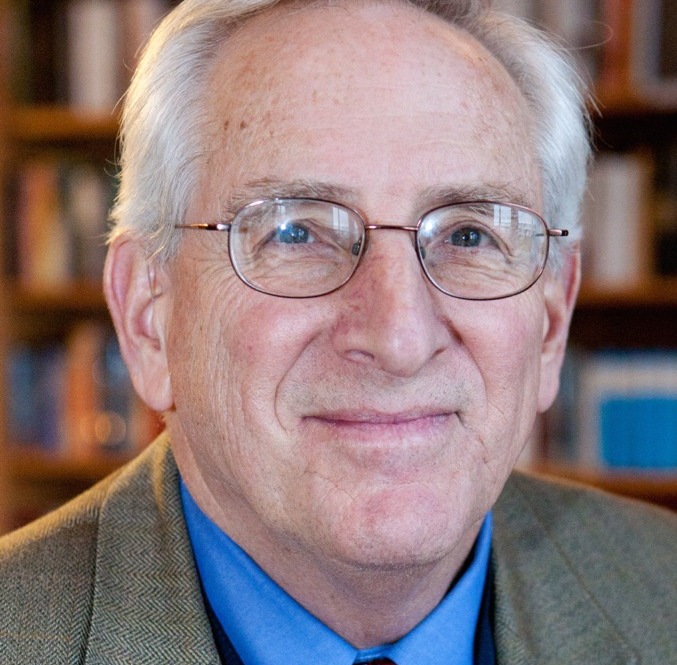Norman Naimark, a well-known American historian and Professor at Stanford University, joined the Scientific Council of the Babyn Yar Holocaust Memorial Center.
Norman Naimark is a Professor of Eastern European Studies at Stanford University and specializes in the Region’s recent history. In particular, Professor Naimark is recognised as one of the leading American and world experts in the history of the Soviet era. His academic interests include genocide and ethnic cleansing in Eastern Europe, the establishment of Bolshevism in Russia, the establishment of Eastern European Communist regimes, the role of Eastern Europe in World War II, and national movements in the USSR.
Naimark received all of his degrees at Stanford. Also, he taught at Boston University for 15 years, and is a researcher at Harvard University. He is also a member of the editorial boards of a number of professional history journals.
Professor Naimark is well known to the world community for his groundbreaking research The Russians in Germany: A History of the Soviet Zone of Occupation, 1945-1949 (1995), as well as the books Fire of Hatred: Ethnic Cleansing in Twentieth-Century Europe (2001), Stalin’s Genocides (2010), and others.
The Scientific Council of the Babyn Yar Holocaust Memorial Center joined by Professor Naimark is responsible for research strategy for the Memorial Center and monitors the compliance of the Center’s activities with the principles of scientific rigour and credibility. Together with Professor Naimark, it consists of 12 leading Ukrainian and foreign specialists.
“We are very happy to have such a powerful world-renowned scientist in our team. Professor Naimark is the author of the term “ethnic cleansing”, which has become commonly used. I am sure his work will strengthen our scientific expertise. Let me remind you that we are open to cooperation with scientists and public figures who strive to honorably perpetuate the memory of the Babyn Yar victims,” said Ruslan Kavatsiuk, Deputy Director General of The Memorial Center for science and education.
The main purpose of the Babyn Yar Holocaust Memorial Center is to transform the territory of the Babyn Yar ravine from a place of oblivion into a place of memory, and create a large-scale Holocaust Museum. The Center’s activities are based on strict scientific expertise, balanced historical narrative, and involvement of a wide range of leading world-class scientists. The structure of the Memorial Center includes Scientific and Public Councils and Supervisory Board.
Some days ago, the Babyn Yar Holocaust Memorial Center, in the presence of the President of Ukraine Volodymyr Zelenskyy, signed a Memorandum of Cooperation with the Government of Ukraine, and also received a fundamental approval of its activities from the European Parliament.
